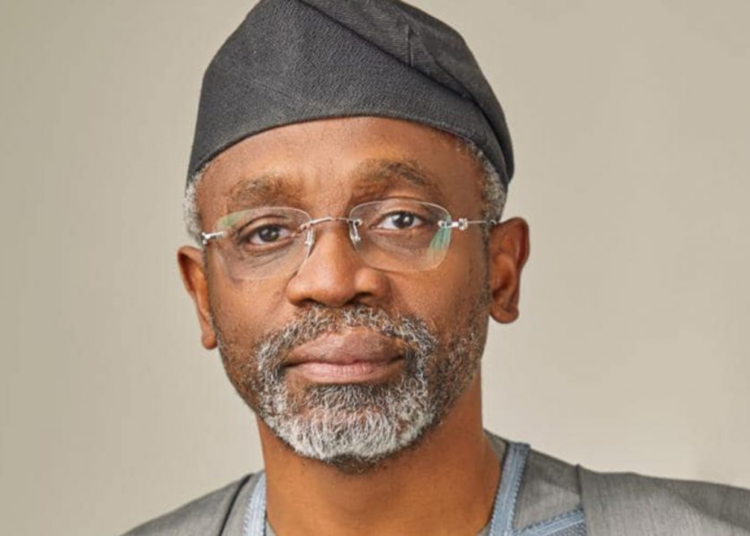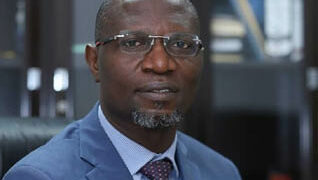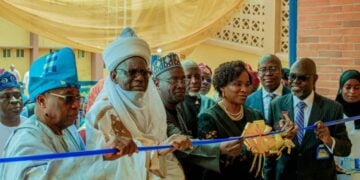Chief of staff to the President, Rt. Hon. Femi Gbajabiamila has urged Nigeria to strengthen its internal strategies to meet the Sustainable Development Goals (SDGS) by 2030, warning that shrinking global multilateral cooperation demands a shift toward local solutions.
Gbajabiamila made this call in Abuja on Thursday during the national validation workshop for Nigeria’s 2025 Voluntary National Review (VNR) on the SDGs, where the Federal Government also launched the Nigeria SDGs Progress Report 2024 and the Inclusive Data Charter (IDC) Action Plan.
“In a shrinking multilateral space, we must look inwards for sustainable solutions to our economic, social, and environmental challenges,” Gbajabiamila said, reaffirming the Tinubu administration’s commitment to the 2030 Agenda.
He noted that Nigeria’s consistent engagement with the VNR process—having produced reviews in 2017, 2020, and now 2025—reflects a solemn resolve to advance sustainable development through participatory, inclusive, and evidence-based approaches.
Gbajabiamila commended the Senior Special Assistant to the President on SDGs, Princess Adejoke Orelope-Adefulire, for her leadership in coordinating the extensive nationwide consultations that informed the 2025 VNR. He emphasised the need for greater collaboration across government, private sector, development partners, and civil society to ensure that “no one is left behind.”
Echoing the President’s message, Gbajabiamila stated, “Achieving the SDGs will mean ending poverty and hunger, safeguarding our ecosystem, and ensuring our people live in peace and prosperity by 2030 and beyond.”
In her remarks, Orelope-Adefulire stressed that the VNR process is a national accountability tool, rooted in transparency and broad stakeholder input. She unveiled the SDGs Progress Report 2024, highlighting Nigeria’s achievements and challenges, and also launched the IDC Action Plan, developed in partnership with the National Bureau of Statistics and Sightsavers Nigeria.
United Nations Resident Coordinator Mohamed Malick Fall lauded Nigeria’s inclusive approach and described it as a model for other nations. He urged the country to turn its recommendations into measurable actions to tackle poverty, inequality, and climate change.
The Nigeria Governors’ Forum, represented by Assistant Director Eghosa Omoigui, also pledged continued subnational support for the 2030 Agenda, citing progress in states like Kwara, Lagos, Gombe, and Edo as examples of grassroots innovation.
Less than five years before the SDGs deadline, the workshop marked a renewed call to action—anchored on resilience, data, and collective ownership—to fast-track Nigeria’s sustainable development.





